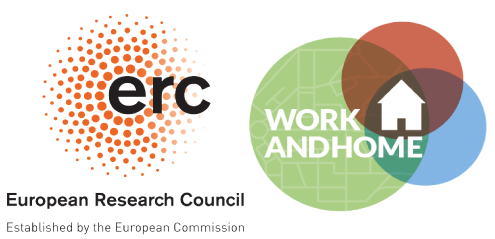We worked with the Organisation for Economic Co-operation and Development (OECD) and stakeholders in economic development in business organisations and national and local governments to identify policy interventions that support home-based businesses and derive from these conclusions for policy support. We are pleased that the report is now published in the OECD SME and Entrepreneurship Papers Series, in the OECD ilibrary.
Key conclusions are:
- Public policy can support the creation and development of home-based businesses through the provision of business advice and mentoring, and ensuring access to existing business support services.
- Policy makers should remove hindrances to home-based business in regulations, policies and urban design approaches. This includes adjusting mono-functional building classification systems, regulations for tenancy agreements, and property taxation.
- Improving digital connectivity in residential areas and rural regions is vital for ensuring that home-based businesses can participate in the global economy.
- It is also important to offer access to affordable co-working spaces and meeting spaces that can be used flexibly for a range of (potential) home-based entrepreneurs with specific needs (e.g. childcare, skills development, disability and immobility).
The report reveals new data on the proportions of the self-employed who work from home across Europe. In a nutshell, the proportions of the self-employed who usually work from home are highest in the Netherlands, Finland, Austria and Denmark and lowest in Greece and Croatia.
Please find here the full report: https://www.oecd-ilibrary.org/industry-and-services/policy-brief-on-home-based-businesses_abfe755f-en

